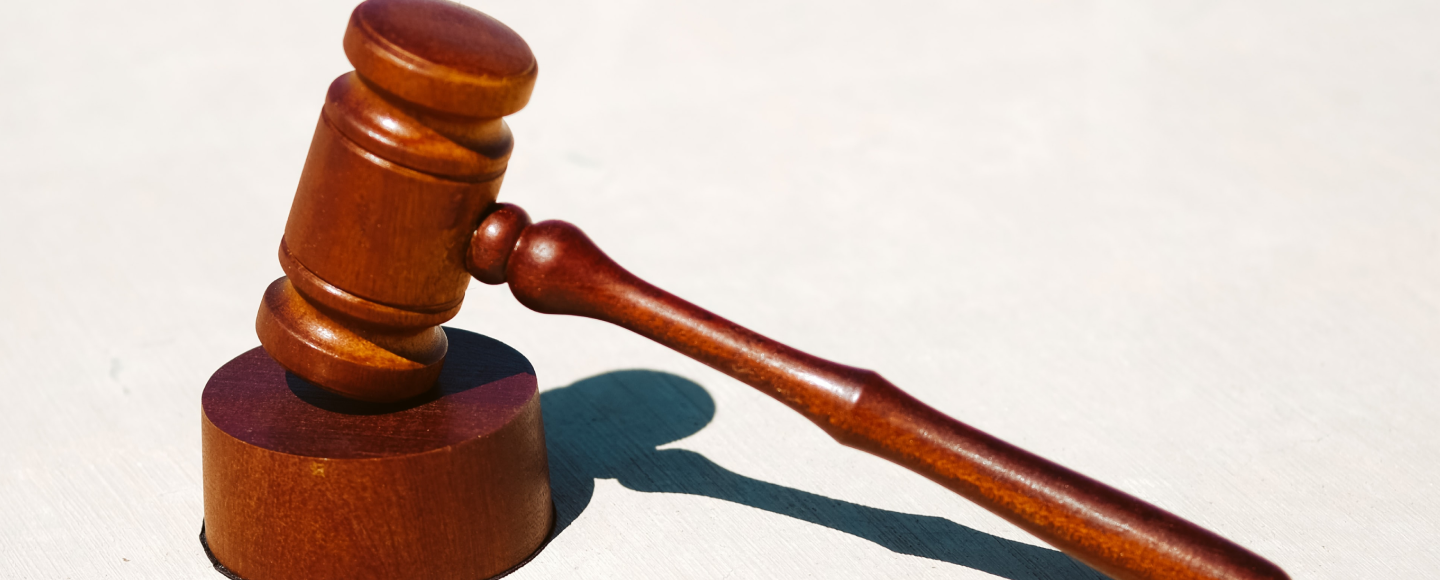If you’ve been charged with a DWI in North Carolina, you likely had your driver’s license suspended for 30 days. If you did not have your driver’s license in your possession when you were stopped, however, you may not realize that the 30-day clock of your temporary revocation doesn’t start to run until you take an additional step: you must either take your driver’s license to the courthouse and surrender it to the clerk, or you must file an affidavit (the court has a simple form) stating that your license is lost.
To be clear, your license is still revoked as of the time of your release following your DWI arrest, regardless of whether you had the license in your possession. But, the 30-day period after which your license can be restored will not start to run until you have either surrendered your license or informed the court in writing that your license is lost. So, for example, if you wait 15 days to turn in your license, then your license will be revoked for a total of 45 days. So it is in your interest to surrender your license immediately following a DWI arrest, if you didn’t have it on you at the time.
Additionally, if you want to petition the court for a limited driving privilege (LDP) during the revocation period, you will need to either surrender your license or submit an affidavit prior to petitioning the court for the limited privilege. Interpretations vary on whether the 10-day clock for the LDP begins to run on the date the revocation order was signed, or on the date on which you actually surrender your license, so to be on the safe side you’ll want to surrender your license as soon as you can get to the courthouse, to avoid potential obstacles to getting back on the road as soon as possible.
★★★
Raleigh DWI lawyer Ben Hiltzheimer is a criminal lawyer in Raleigh, North Carolina, who represents individuals charged with DWIs and the full spectrum of misdemeanors and felonies. Contact us for a free, confidential consultation and case evaluation at (919) 727-9227.







